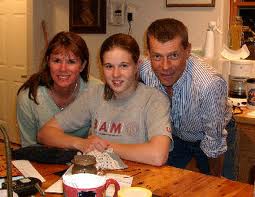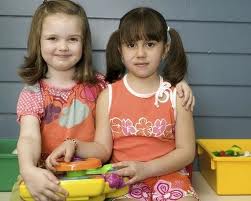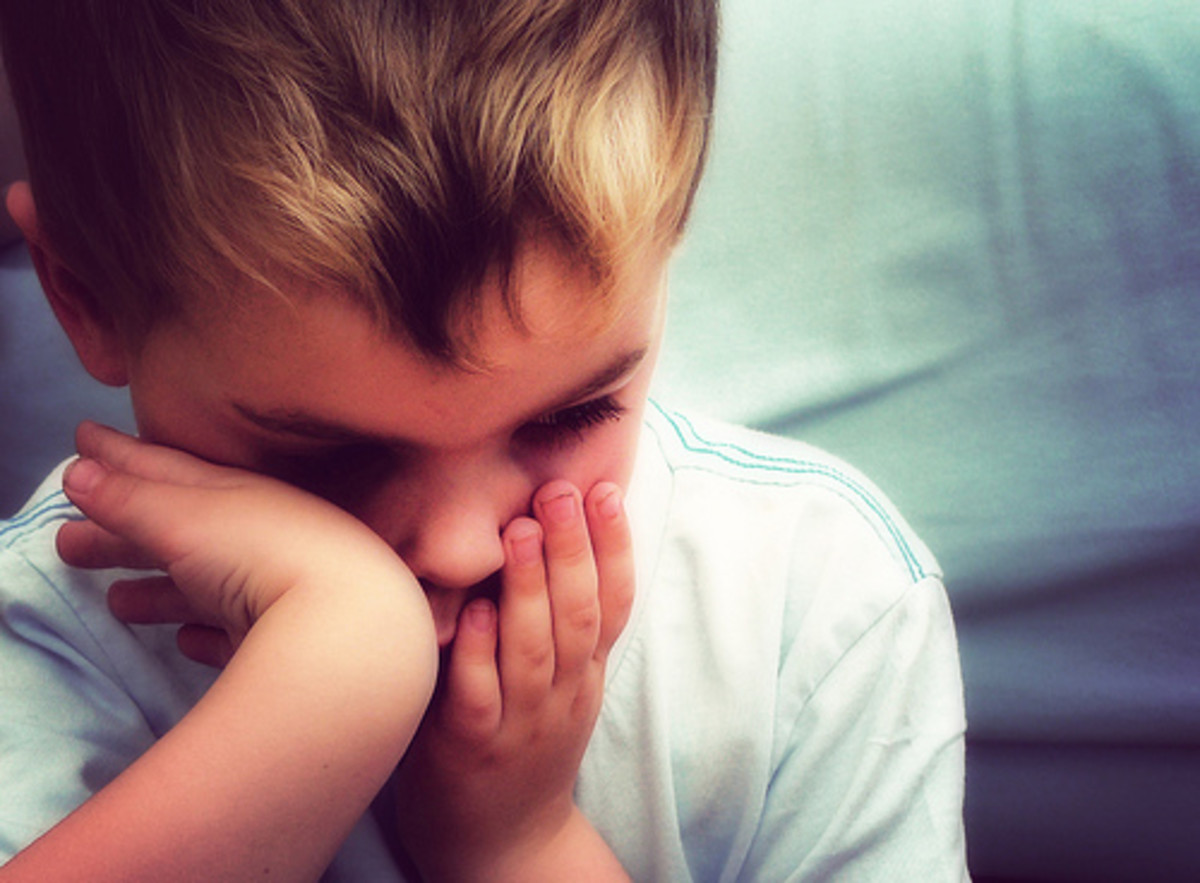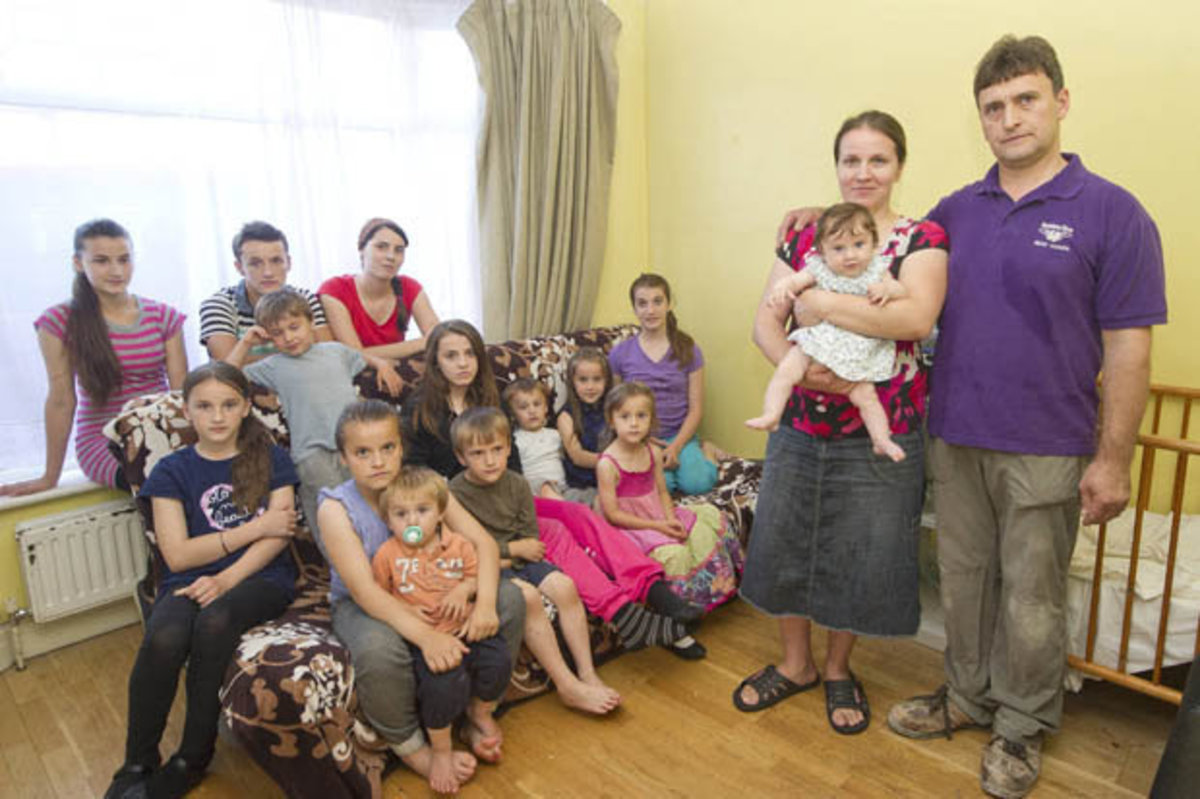Only Children are Selfish as a Result of Having NO Siblings To Interact With-What an INANE Thought!
Only Children Are Far From Selfish






Mildred, All ONLY Children are SELFISH, After All, THEY Have No Siblings To SHARE With!
This hub is in response to the request, ARE SINGLE CHILD SELFISH BECAUSE THEY DO NOT HAVE A SIBLING TO SHARE THEIR THINGS WITH, by fellow hubber, dispsmi. The idea that an only child is selfish because he/she has no siblings to share with is another assumption made by the sibling society. People who have siblings assert that siblingless children have to be selfish as they had no one to share with. They strongly contend that siblings are highly crucial in teaching a child how to share.
Many people maintain that children with siblings learn to share by virtue to their proximity to each other. They love to emphasize that children with siblings are more likely to share than a single child. This is totally an assumptive and a negative stereotype.
Children are not born sharing. Children are quite instinctual, being concerned only of their immediate needs. In the very early formative stages, children can be aptly described as highly self-centered. Their main thoughts are solely about their wants and desires. They are not thinking about other people. Their main concern is are their immediate and other needs met, pure and simple.
In other words, children in the very early stages are living at the very basic level. This assertion becomes more prominent when there is a birth of a new sibling. The first child oftentimes feel unloved and discarded by his/her parents. He/she believes that he/she is dethroned, never to be the center of the parents' attention ever again.
Many oldest children revert to previous infantile behavior in order to gain the parents' attention. They oftentimes exhibit what their parents deem to be highly assertive behaviors. They are told not to be so attention seeking and stop being a baby, although they are very young children themselves. They are sternly admonished by their parents that the younger child needs more attention than they do now.
The oldest children feel insignificant in their parents' eyes so they adopt the good child persona. By doing this, they have garnered their parents' love and respect. However, now this child, as the OLDEST child, will be held to a higher standard. He/she, in essence, have to be the initiator in the sibling relationship. Yes indeed. He/she is inculcated by his/her parents to share whether he/she wants to or not. If he/she does not wish to share his/her things, he/she is oftentimes severely chastised by parents.
Parents emphasize that as the oldest child, he/she should want to share with his/her younger siblings. Many oldest child share but oftentimes unwillingly. Many times if an oldest child does not wish to share his/her belongings with a younger sibling/siblings, the parents either physically or psychologically make him/her share.
In multichild families, the onus of sharing is always on the oldest and/or older children, never the youngest. Younger and/or youngest children in multichild families oftentimes do not share with his/her older/oldest siblings. Usually, what they have is THEIRS and THEIRS alone. In multichild families, it is the youngest child who is often catered to, pampered, and spoiled rotten. He/she often gets the benefits and the lion's share of the parents' physical, emotional, and financial resources.
Many times the oldest/older child have to deny themselves in order so that the youngest child get what he/she wants. The oldest child is forced to share while the youngest child is not. This is the familial double standard. Oldest/older children are always mandated to share their belongings or face dire consequences from their parents. Younger/youngest children are never required to share their belongings. The great the siblingship in the multichild family, the more apparent this is.
Many siblings, particularly the oldest and/or older ones, resent sharing with their younger/youngest siblings. They feel that what they have is not theirs. This is quite de rigueur in the multichild family environment. Sharing with siblings is many times a bone of contention in the multichild family. Parents constantly have to mediate between quarreling siblings as to who wants to share.
Very young children in multichild families do not share their things willingly. Parents must teach and extol the benefits of sharing. Even though, parents emphasize the benefits of sharing, it oftentimes fall on deaf ears. Children want what they want, pure and simple.
As a result of constantly being forced to share as children, there are people in multichild families who want their own sense of territoriality and sense of self by establishing strong parameters who they are, what they have and/or want. Another aftereffect of being forced to share as children, oldest children in multichild families are the strongest asserters of their right to selfhood, proclaiming now it is THEIR turn. Younger/ youngest children because they are the recipients regarding sharing and seldom or never reciprocating grow up to very selfish.
Being an only child is totally inconsequential regarding selfishness. Only children share with their parents. Besides parents, only children oftentimes share with their friends, neighbor children, classmates, and/cousins.
Only children are more likely to grow up with abundance than those in multichild families. This oftentimes make them more generous and sharing with others. Ellen Peck, ex-educator and author of the book, THE JOY OF THE ONLY CHILD, maintained that the stereotype that only children are selfish is totally preposterous and unfounded. Ms. Peck explained that only children are more likely to share because they grew up with material comforts. She further added that it was children in large families, who grew up materially deprived, who were more likely to be selfish and greedy. She cited a study in her book that children from large families were likely to grab toys because they did not have them in the home.
My life and that of other only children I encountered confirmed what Ms. Peck stated. In school and in life, it was only children who were the kindest and the most generous. Only children, in my school, were the ones who donated to charities. We gave clothes and toys. We also shared willingly with other children.
The children in multichild families were more hesitant to share their things. If one asked them to share something, they would balk. It was even worse from those from large to very large families. They had nothing and had to ask other children to loan them pencils, pads, and lunch monies as their parents could ill afford to provide these things. While the only children in my elmentary school associated either with other only children or those from 2-child families, I was the only child who associated with those from large to very large families.
Such children were deprived socioeconomically. They had little or no parental attention. They had to raise themselves. They also had very little materially. They were the ones LEAST likely to share. In fact, if they asked other children to loan them something, chances are the latter would not receive their loaned items again. These children were the takers or recipients. When you give them somethings, they grabbed it. I invited one such girl from a very large family to my house; she grabbed all the toys and held them because she had no toys in her home. These children from large to very large families do not share, even with their siblings. In their relaitonships to siblings and each other, they fought for everything.
Being an only child is totally a moot issue regarding whether a child shares or not. Even in my extended family, I am the most likely to share my materials with those in need. It is natural to me. My cousins with siblings are quite selfish and if one ask them to share, you would just get a glance and nothing else. If they have to share something, it is unwillingly.
Another example was at my last job. During the period from November to December of each year, employees were asked to contribute to a state charity. I and other only children willingly contributed. However, there was a high level supervisor from a very large family and a worker who is from a medium sized family do not want to give to others. The supervisor stated that all he was concerned about is himself while the coworker asserted that she hated charities.
In addition to all the abovementioned variables, there are some children who innately love giving to and sharing with others with little or no parental prompting. Conversely, there are other children who are extremely territorial and hate to share, whether it is their space and/or belongings. Whether the child is an only child or a child in a multichild family is total irrelevant regarding this issue.
In summation, the premise that only children are selfish because they have no siblings to share with is totally illogical. Children are born seflish for the most part. They must be taught to share by their parents. Only children learn sharing through their parents. They also learn to share from their friends, cousins, and other children they encounter. Siblingship is totally a nonissue regarding learning to share. There are people with siblings who are seflish and either do not share their things or do so unwillingly. To conclude, whether a child has or does not have a sibling/siblings is totally inconclusive as to whether he/she shares or not.
Only Children-Selfish
Does being an only child make one selfish?
What is your family size?
© 2013 Grace Marguerite Williams








